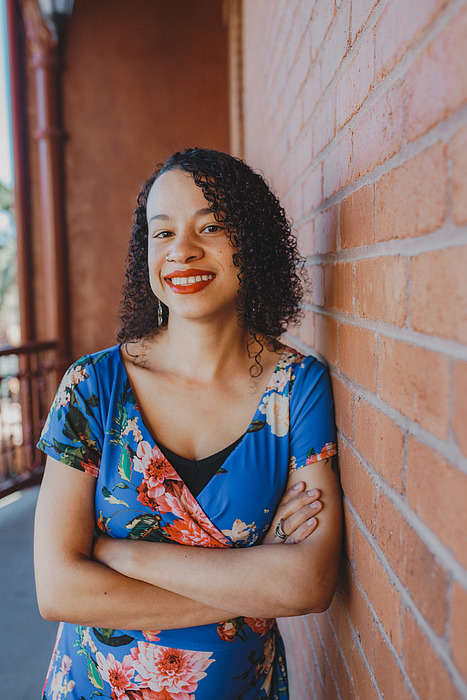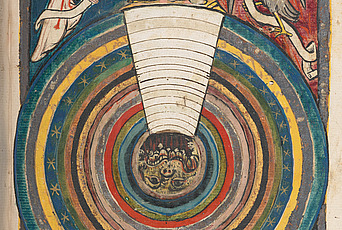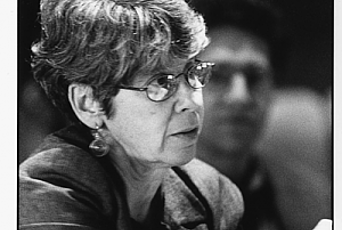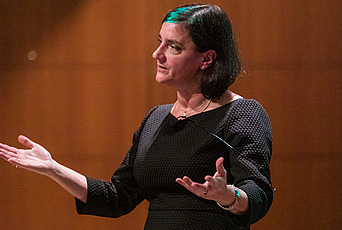In 2020–21, Carissa M. Harris, Member in the School of Historical Studies and Associate Professor at Temple University, is exploring how anger became feminized in the late medieval English popular imagination, focusing particularly on the figure of the wrathful shrew.
How do you describe your work to friends and family?
I study gender and sexuality in the Middle Ages, and I’m especially interested in drawing connections between past and present. I focus on rape, consent, reproductive justice, and gendered violence, in my academic work as well as my volunteer and public-facing work.
What question within your field do you most want to answer and why?
Where did the roots of our current sexual culture and our expectations for gendered behavior come from?
Where did the roots of our current sexual culture and our expectations for gendered behavior come from? How did carryovers from the Middle Ages shape ideas about race and gender in America that we’re still grappling with today?
Why IAS?
I appreciate the regular seminars and IAS’s sense of community. I’m especially excited to work with IAS’s Suzanne Conklin Akbari, who’s an incredibly well-respected and generous medievalist scholar.
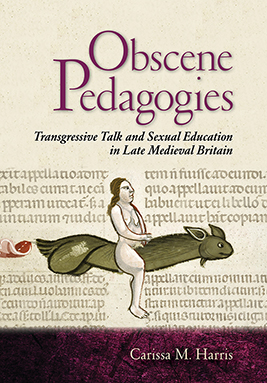
Can you describe a high point and/or low point in your academic career and explain how this may have influenced your work?
It was very validating to win the Society for Medieval Feminist Scholarship’s award for my first book [Obscene Pedagogies: Transgressive Talk and Sexual Education in Late Medieval Britain (Cornell University Press, 2018)]. That book was a scary book to write because I broke all sorts of rules for how you should approach medievalist academic writing, and I was worried that people wouldn’t understand what I was trying to do and that the reviews would be terrible and I wouldn’t get tenure. In the end, I felt affirmed in my choice to go with my gut, and I plan to follow my weird scholarly instincts in the future.
What is one of your interests or passions outside of academia? Has this had a bearing on your work?
Before the pandemic, I attended spin class religiously. It was useful for my work because I’d go into class with an issue or point I wanted to think through from whatever I was writing that day. I’d spend the hour-long class devoting my mental energy to working out the issue and emerge with new insights, which I’d then frantically text to myself on my phone as I walked home. I also used to imagine mowing down Chaucer with my spin bike during sprints because I have a love-hate relationship with him.
Where is your favorite place to think?
Pre-pandemic, I’d visit a cidery near my house every Thursday night, sit by the window, and drink two ciders while brainstorming and writing in my notebook.
Has the pandemic added any new dimensions to your research? If so, please explain.
Not really, unfortunately. I miss writing in coffee shops and while traveling.
What is your hope for the future?
I want to finish my book on medieval women’s anger that I’m writing this year at the IAS, and I hope to write a more public-facing book after that.
